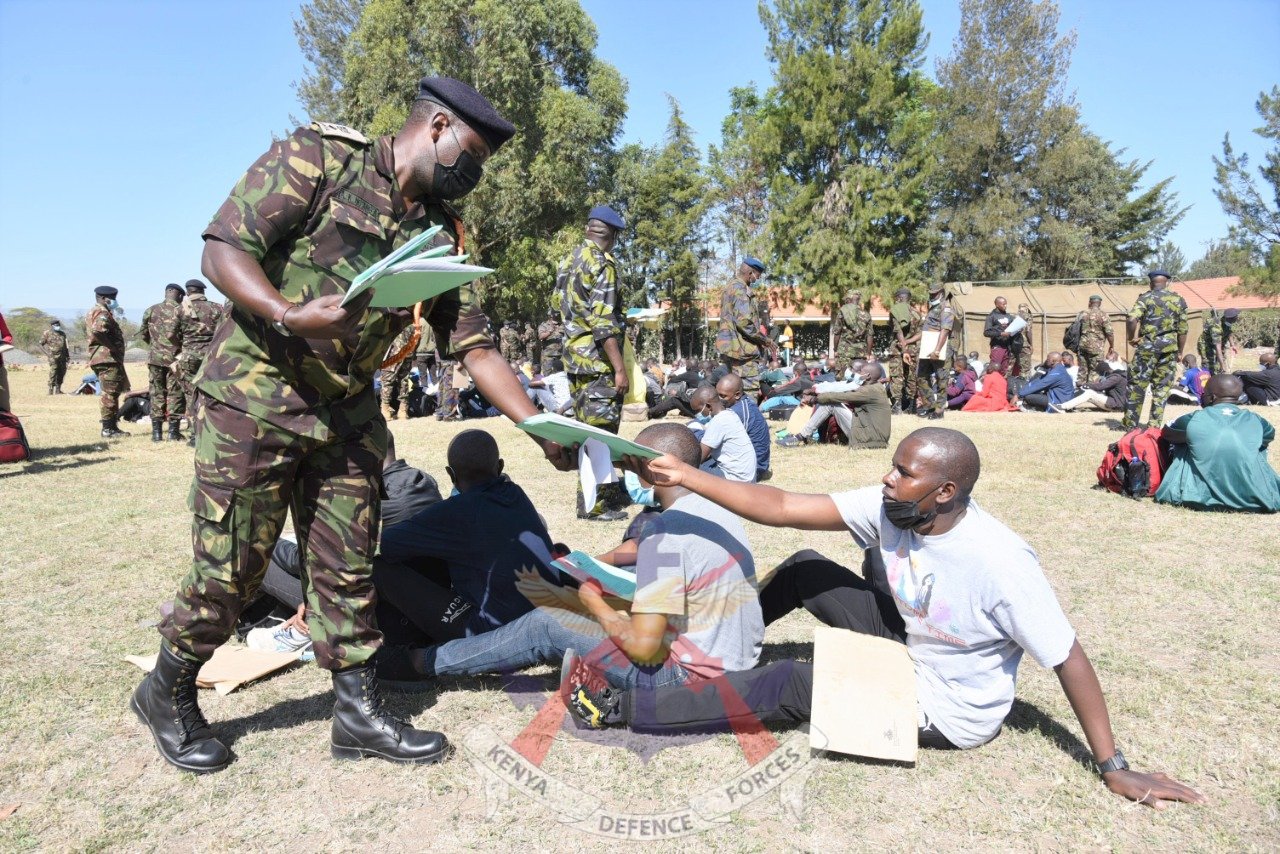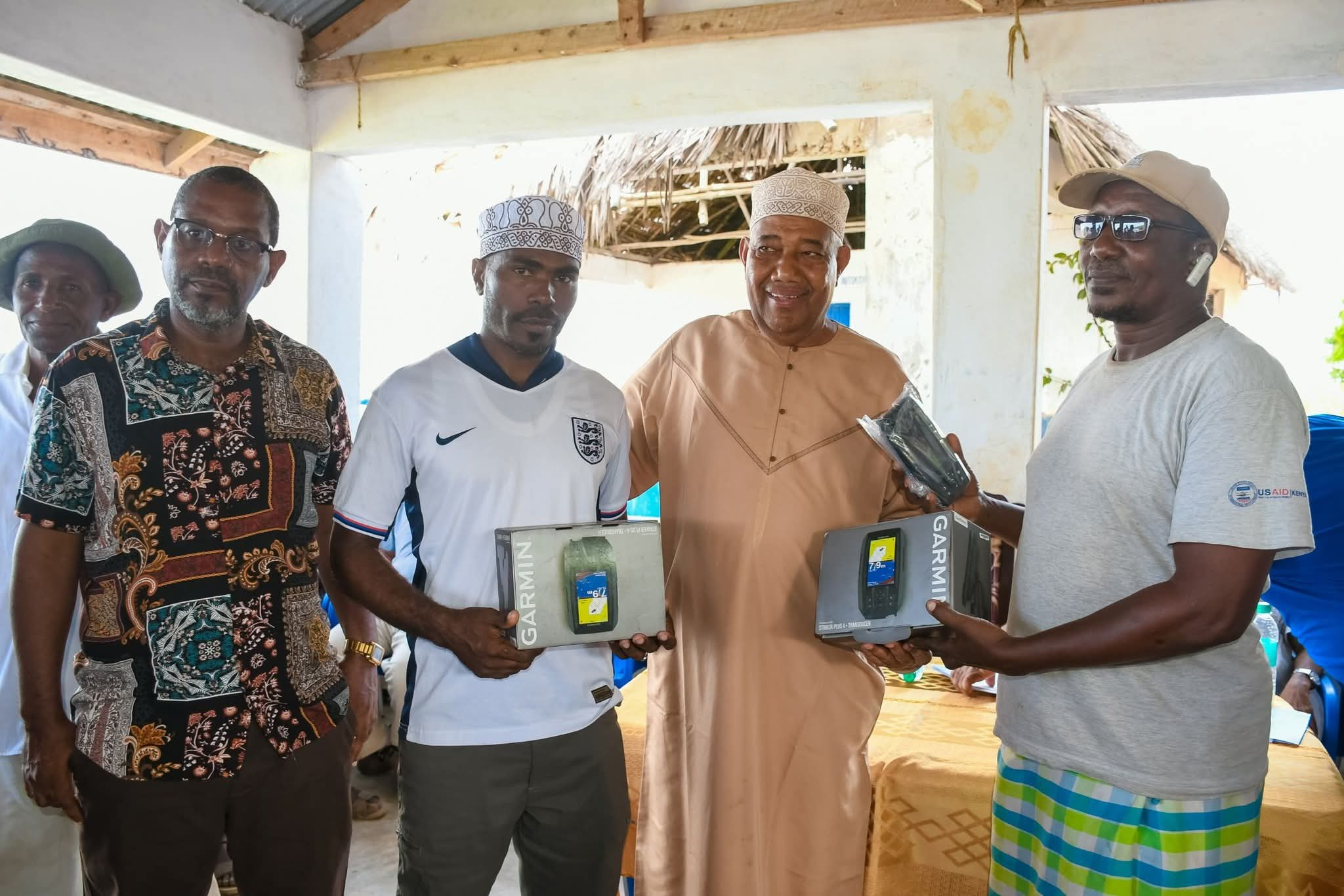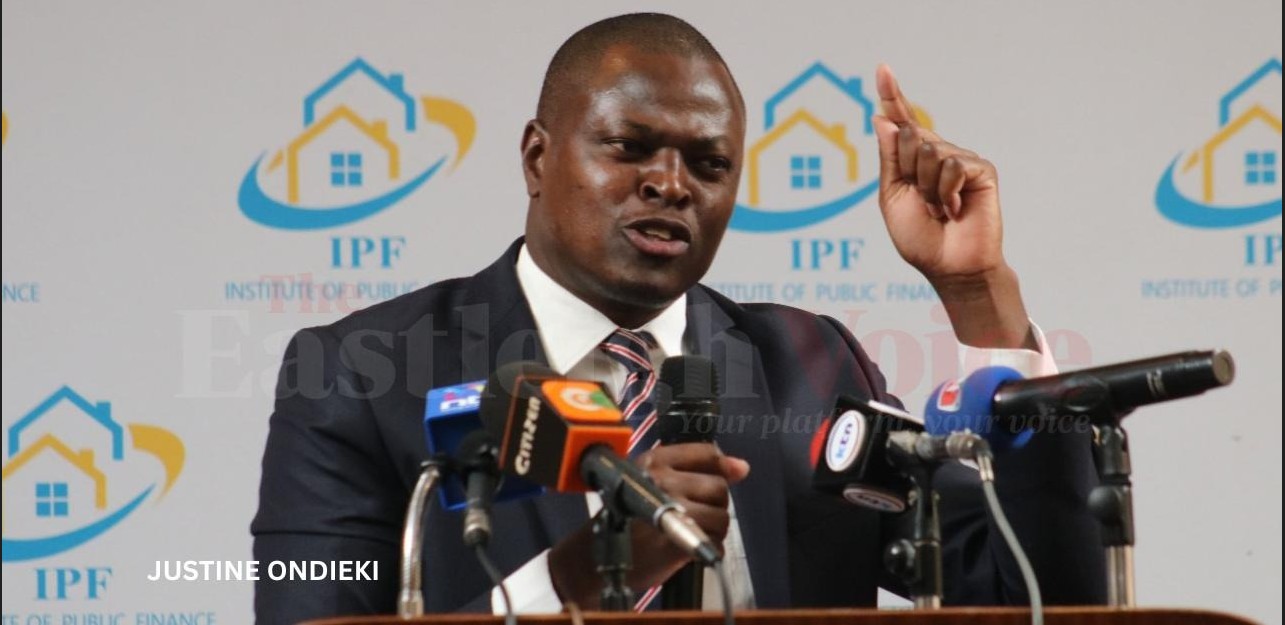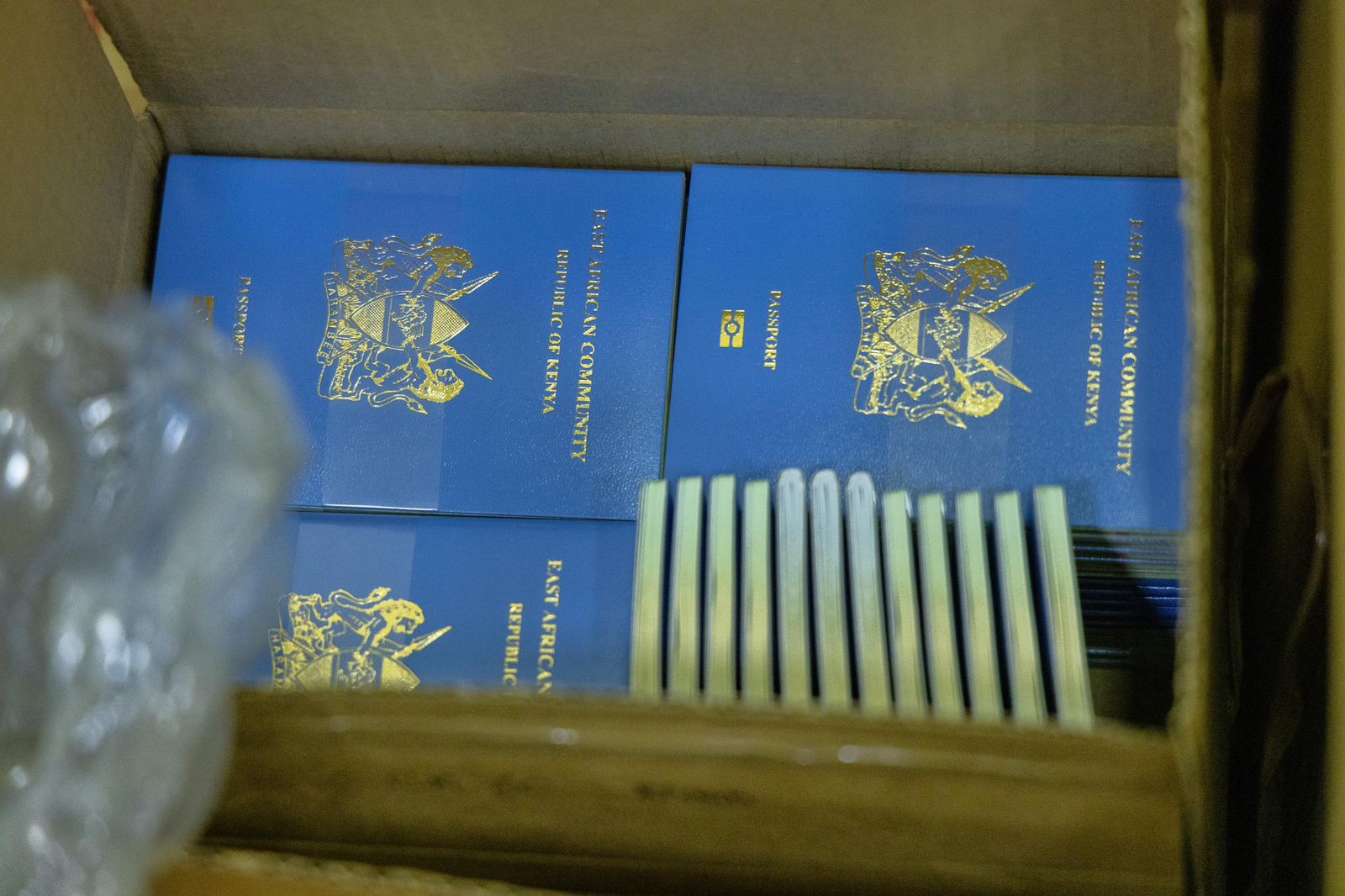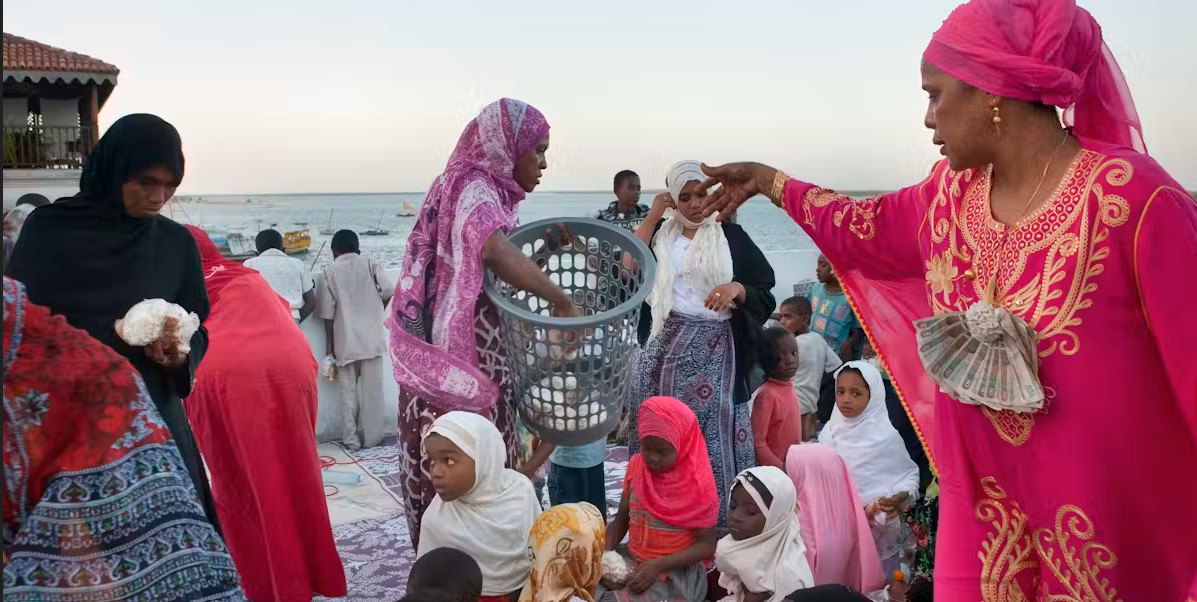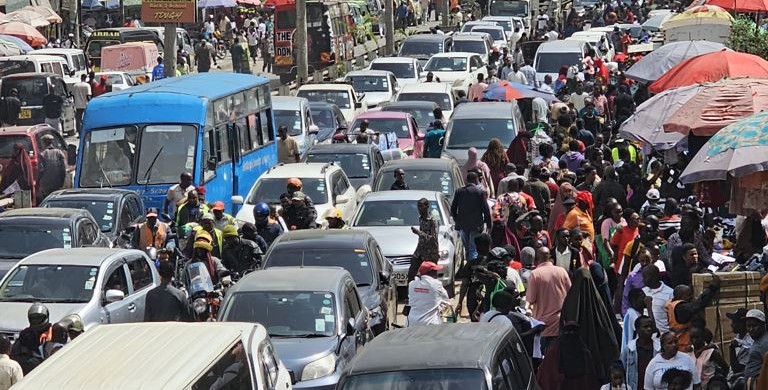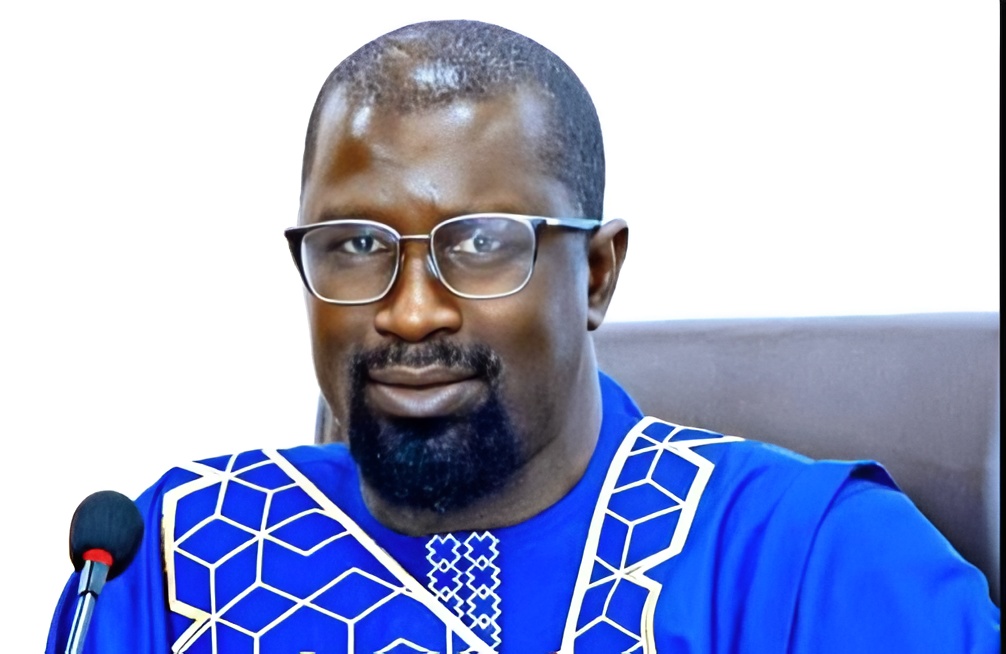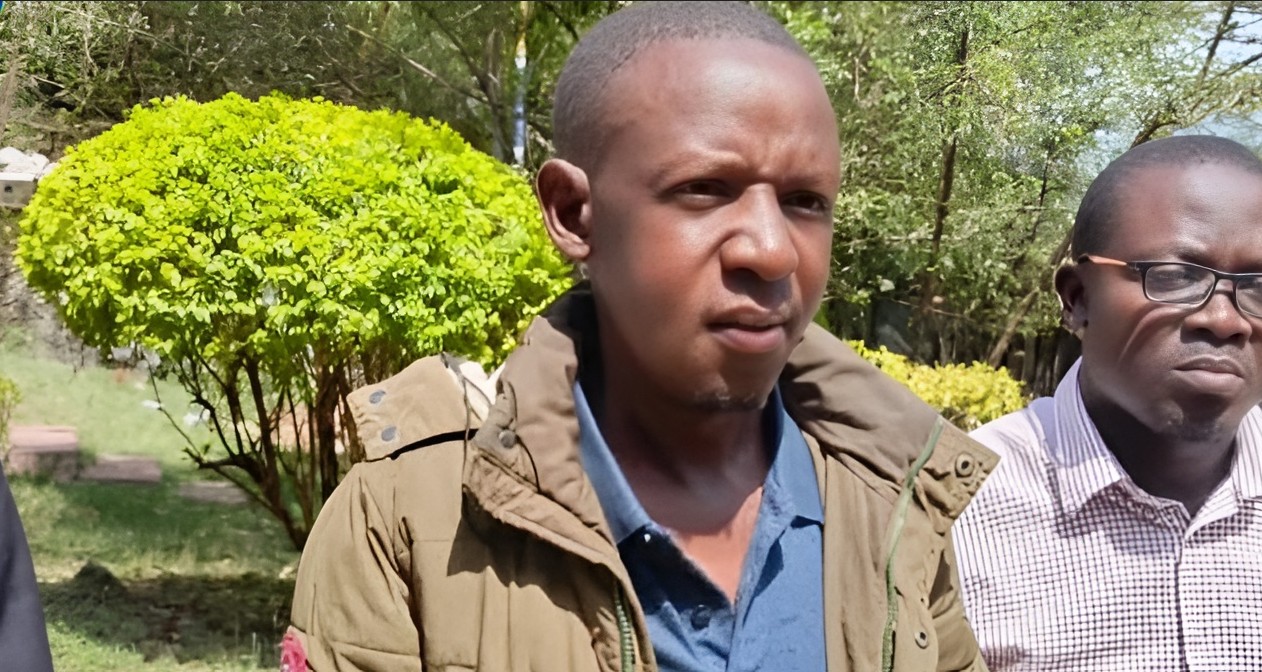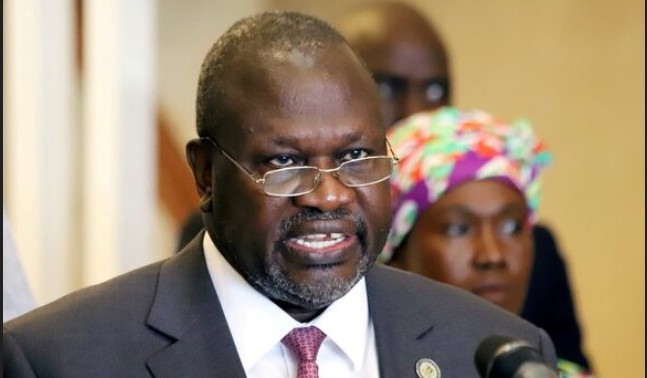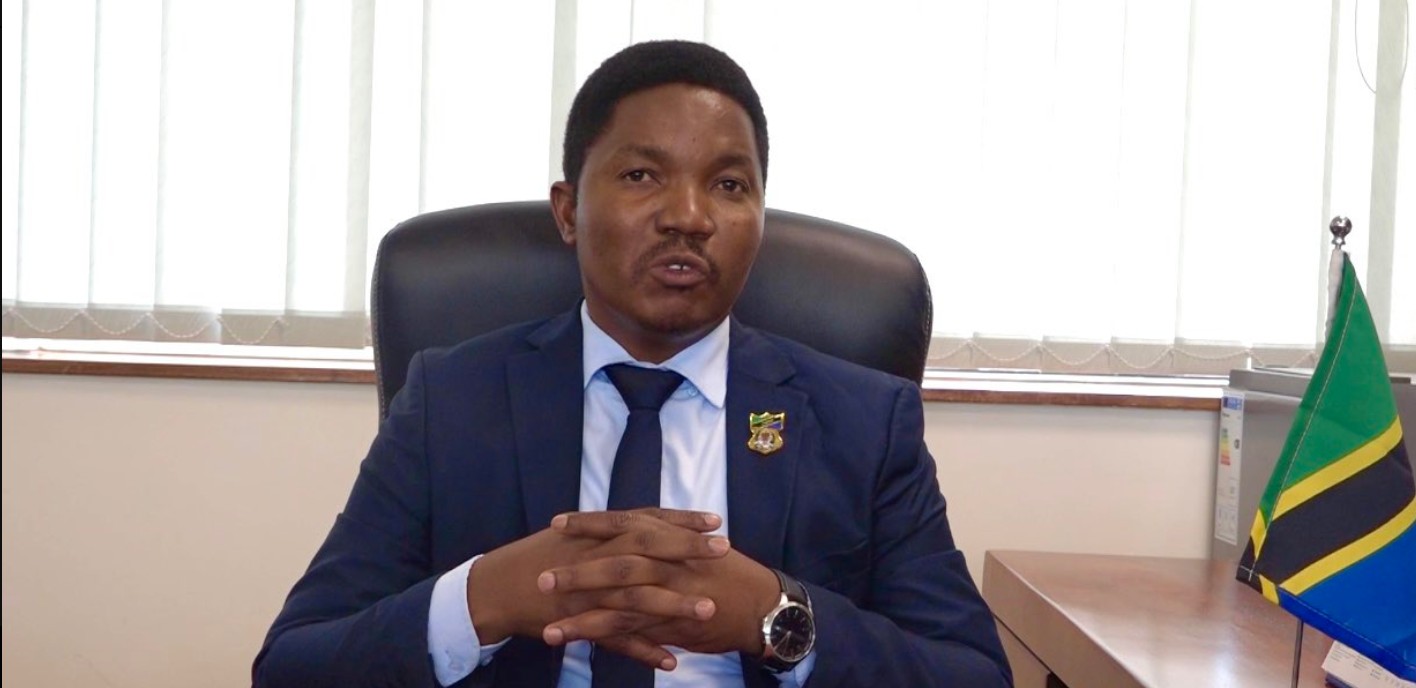Africa is second most unequal region in the world - World Bank
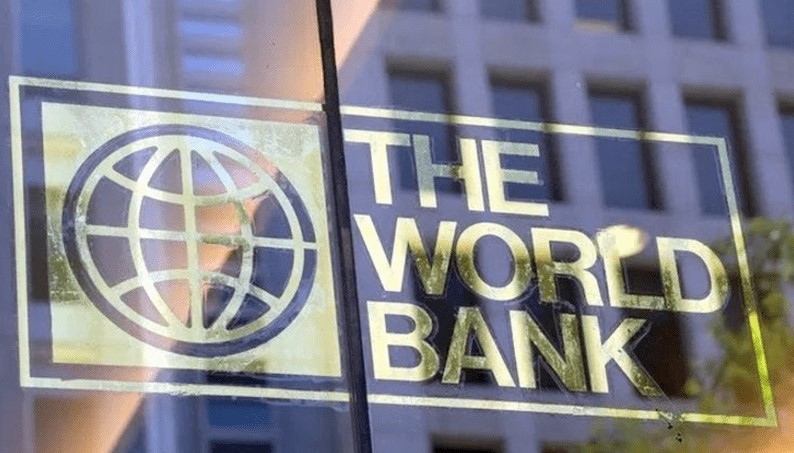
Additionally, the lender highlights that the region has also made slow progress in expanding the ranks of its middle class, additionally stating that even Africans not living in poverty are often precariously close to it.
Persistent limited access to jobs, finance and public services such as education and healthcare have increased inequality and stalled poverty reduction in Sub-Saharan Africa, according to a new World Bank report.
As a result, the region is now rendered the world's second most unequal region, after Latin America, and the only one where extreme poverty reduction has stalled in recent years.
More To Read
- Governance weaknesses stall Africa’s development, World Bank warns
- Kenya improves in economic management but public sector reforms still lag - World Bank
- Kenya set to raise Sh370 billion with first-ever debt-for-food swap
- How illegal financial flows stifle Africa's growth
- How illegal financial flows stifle Africa's growth
- Sidi Ould Tah takes helm at AfDB, unveils 100-day reform plan
Titled 'Leveling the Playing Field – Addressing Structural Inequalities to Accelerate Poverty Reduction in Africa', the report reckons that poverty levels in the region are still at historic highs.
"While extreme poverty, defined as people who live on less than $2.15 (Sh278) a day, has rapidly declined globally to single digits, Africa's extreme poverty rate stood at 38 per cent in 2022, the highest among all regions," reads the report.
It adds that while the region today hosts about 60 per cent of the globe's extremely poor population, this share could rise to 87 per cent by 2030, without significant reforms.
"Africa has been least successful among the world's regions in converting economic growth into poverty reduction. The association between economic growth and household consumption growth is significantly weaker in African countries compared with other developing countries, and inequality plays a prominent part in the difference."
The global lender says growth of one per cent in per capita GDP is associated with only a one per cent reduction in the poverty rate in Africa, compared with 2.1 per cent for the world.
This difference is mainly due to weaker transmission from GDP growth to growth in household welfare (consumption) in Africa, which is consistent with findings that growth in the region has not been evenly shared, often bypassing the average household, the lender adds in part.
To accelerate poverty reduction therefore, the lender says Africa's growth must be higher and less volatile, and transmission of growth to poverty reduction must be enhanced, underpinned by a more equitable distribution of household welfare.
"The region needs average growth above three per cent per year just to keep up with its population growth, which it has barely done since 2014," the World Bank said.
Additionally, the lender highlights that the region has also made slow progress in expanding the ranks of its middle class, additionally stating that even Africans not living in poverty are often precariously close to it.
"Most continue to live in poverty as defined by higher global welfare standards."
Notably, just 12 per cent of Africans were living on more than $6.85 (Sh885) (at 2017 PPP) per day in 2022, only a slight increase from eight per cent in 2000.
Ideally, a growing and aspiring middle class contributes to a country's social stability and economic prosperity.
However, the slow expansion of this group, according to the World Bank, can limit progress in different ways.
Other Topics To Read
This includes curtailing the size of domestic markets and hence opportunities for firms to expand and hampering the ability of societies to support good policies and hold leaders accountable.
"These challenges are compounded by market and institutional distortions that prevent people from reaching their productive potential, perpetuating cycles of poverty, with poor young people forced into low-paying, insecure jobs in the informal sector."
The lender thus presents several potential solutions to uplift the region in the medium to long term, highlighting four key priority areas that could tackle structural inequalities.
First, it emphasises the need to strengthen economic and institutional foundations by eliminating barriers to competition and safeguarding property rights as it would help create a more equitable and stable economic environment.
Second, it calls for increased investment in critical sectors such as education, health, and infrastructure.
It thirdly advocates for enabling markets to generate jobs by improving access to capital, technology, and markets.
Lastly, it stresses the importance of using government resources equitably.
Top Stories Today

